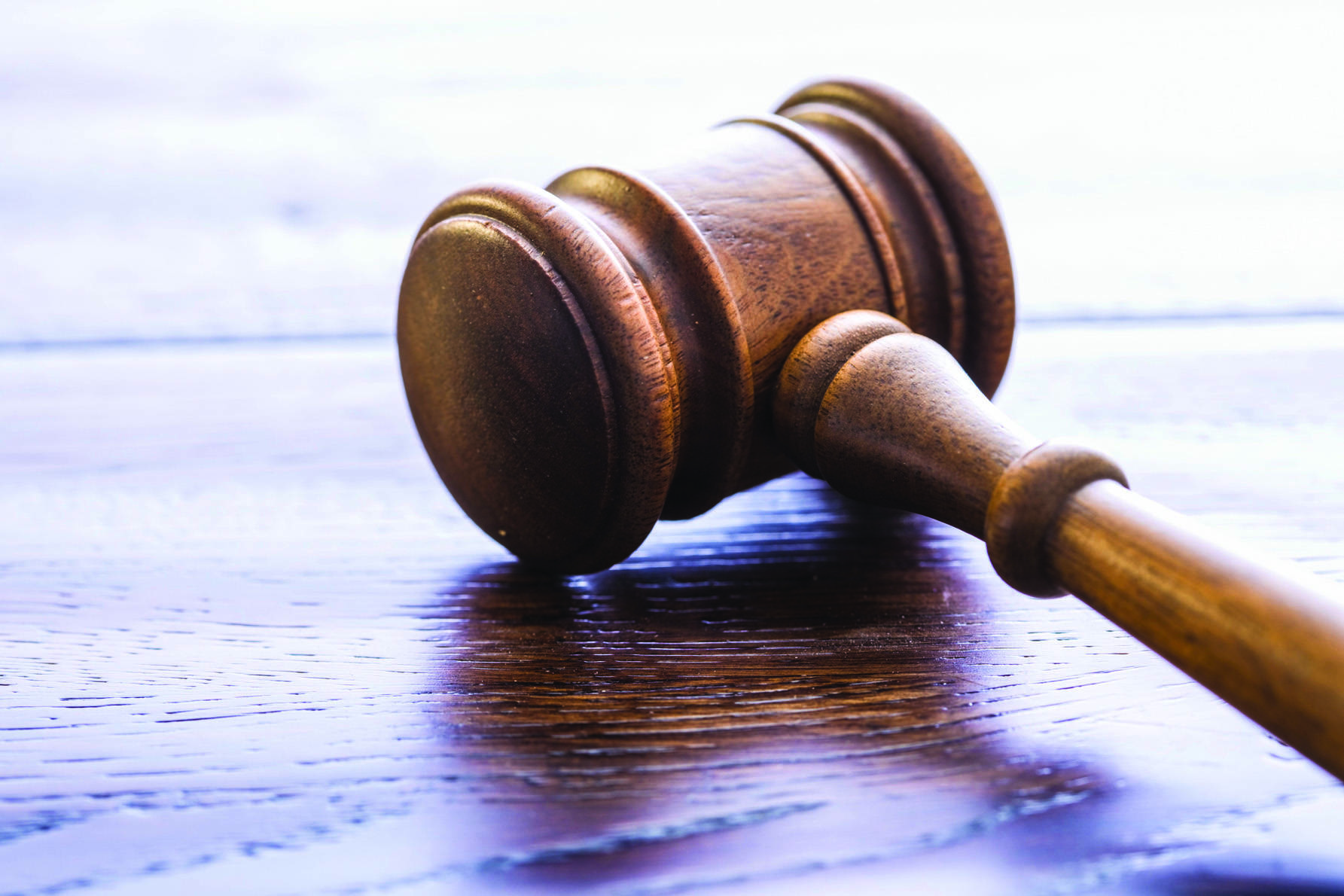The Alaska Judicial Council has picked a list of finalists for judgeships across the state, and now it’s time for the governor to have his say.
But it remains uncertain whether Gov. Bill Walker or governor-elect Mike Dunleavy will make the final pick for a vacant seat on Alaska’s Court of Appeals and for superior court seats in Bethel, Kenai and Juneau.
The Alaska Constitution requires the governor to pick a judge from a list of at least two finalists approved by the Judicial Council, a nonpartisan body of legal experts. State law requires “the governor” to make a pick within 45 days. It doesn’t specify which governor.
“Technically, I guess, it could be either,” said Susanne DiPetro, executive director of the Alaska Judicial Council.
Spokespeople for Walker did not return emails and calls seeking comment Friday or Monday (a federal holiday), and a spokeswoman for the Dunleavy transition team was unable to provide an answer by the Empire’s press deadline.
The issue is a result of the judicial council’s scheduling process, which is “agnostic” with regard to elections, DiPetro said. The week of Election Day just happened to be a time when all seven members of the council were available to meet.
As a result of that calendar, the deadline for picking the final judge on the list is Christmas Eve. Dunleavy’s term doesn’t begin until Dec. 3, allowing Walker weeks to interview the finalists and make a decision.
If Walker does take up the issue himself, Dunleavy will have ample opportunity to select judges as well: The Judicial Council will nominate finalists for vacancies in Anchorage, Kodiak, Palmer (2 positions) and Utqiagvik in early 2019.
Among the finalists selected in the November lists are Daniel Schally and Julie Willoughby, who will be considered for the new Superior Court seat created by the Alaska Legislature earlier this year.
Willoughby was rejected by Walker earlier this year for another Juneau superior court vacancy. In that case, Walker offered Willoughby the job but recanted after viewing a legal brief she wrote in defense of a client accused of sexual abuse of a minor. Willoughby is a criminal defense attorney, and Walker’s move was roundly criticized by the Alaska Association of Criminal Defense Lawyers.
Willoughby received high marks from attorneys familiar with her work; fellow attorneys gave her 4.4 out of 5 possible points in the anonymous surveys conducted by the bar association as part of the vetting process for nominees. Schally, the district court judge in Valdez and a former Ketchikan district attorney, received 4.5 out of 5 points.
Angie Kemp, Juneau’s district attorney, withdrew her candidacy on Nov. 3, DiPetro said by phone. Kelly Cavanaugh also withdrew; Debra O’Gara and Shawn Traini were not selected as finalists.
Another Juneau name appears on the council’s list of finalists for the Alaska Court of Appeals. On Nov. 8, the council named Juneau Superior Court Judge Philip Pallenberg one of three people to be considered by the governor. The court of appeals seat is opening with the impending retirement of Judge David Mannheimer.
Pallenberg received a rating of 4.4 out of 5 from his fellow attorneys, the same as fellow finalist Bethany Harbison. Tim Terrell, the third finalist, received a rating of 4.5 out of 5.
Douglas Owen Moody, Eric Ringsmuth and Michael R. Smith were not selected as finalists.
If Pallenberg is selected for the vacancy, he could maintain an office in Juneau: State law allows court of appeals judges to live and work in Anchorage, Fairbanks or Juneau. His appointment would also open another Superior Court vacancy in Juneau: The entire Juneau bench would have turned over in less than 12 months.
Four finalists have been named to replace Kenai Superior Court Judge Charles Hugulet: Roberta C. Erwin, Jason Gist, Daniel Schally (also a finalist for Juneau’s vacancy) and Shawn Traini.
In Bethel, Terrence P. Haas and David L. Roghair are the two finalists for the superior court vacancy there.
• Contact reporter James Brooks at jbrooks@juneauempire.com or 523-2258.

